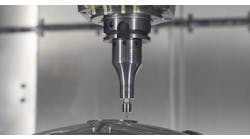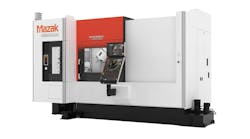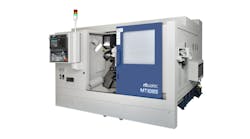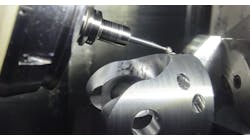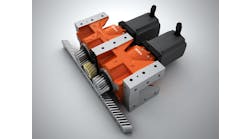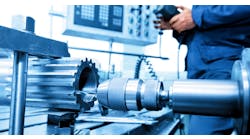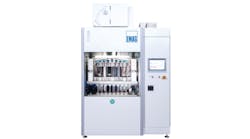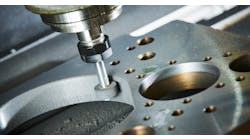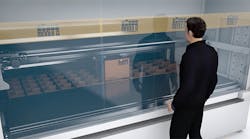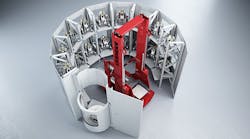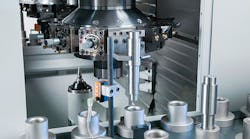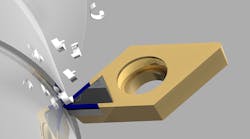In 1972, Dennis Daniels set up shop a small aluminum foundry in suburban Cleveland: He was the only employee. Today, Alumalloy Metalcasting Co. has 104 employees in an 110,000-square-foot foundry and machine shop, supplying aluminum cast parts and finished subassemblies to global manufacturers of heavy trucks, autos, and industrial equipment. Secondary machining generates 40% of Alumalloy Metalcasting Co.’s revenue. It’s not the business Daniels expected to build, but it’s how Alumalloy developed its competitive advantage.
Nothing in Daniels background prepared him to set up a machine shop, nor to embrace machining as the aluminum foundry’s growth strategy. He had worked for five years as a supervisor at a now-defunct aluminum foundry, and left there to start his permanent mold casting business.
He learned secondary machining and embraced that separate production capability in order to ensure the quality and reliability of his cast parts. In 1989, he purchased a used vertical machining center with fixtures. Daniels and his team learned machining on the job.
Alumalloy continued to expand its secondary machining, eventually adding four commodity mills and a lathe.
In 2007, Alumalloy purchased its first Makino horizontal machining center, a 630-mm a81 HMC. Over the next eight years, four more a81 machines and five a61nx 500-mm HMCs have been acquired. Alumalloy recently finished converting an unused sand casting area of its plant, and now the company has its mills arranged in two well-organized lines, with floor space to add more HMCs.
Read the full story of Alumalloy Metalcasting's transformative expansion …
